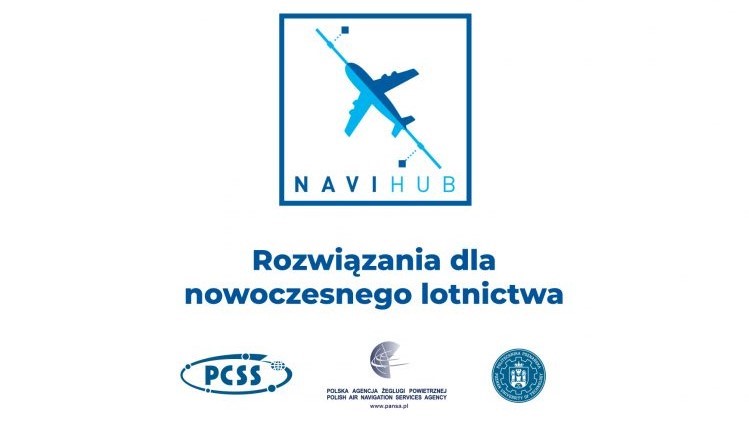Symulacja dodania do żywego ruchu lotniczego wielu rozproszonych dronów – na tym w skrócie polega projekt NaviLabis an innovative project focused on simulating the integration of dispersed drones into live air traffic, initiated through a collaboration between the Polish Air Navigation Services Agency (PAŻP) and Poznań Supercomputing and Networking Centre (PCSS). This simulation laboratory will support the development of an air traffic management system that ensures more efficient and safer navigation, utilizing the computational power of Poznań's supercomputer.

NaviLab , as part of the broader NaviHub initiative, allows for the simulation of unmanned aerial vehicles (UAVs) alongside manned aircraft within Polish airspace. This laboratory will leverage existing air traffic management systems used by controllers to conduct simulations and safety analyses. By doing so, it aims to evaluate the potential impact of a significant number of UAVs sharing the airspace with manned aircraft, ensuring safe and efficient coexistence.
Through NaviLab, virtual drones will be added to real-time air traffic on Polish skies, providing insights into how UAVs influence flight safety, airspace capacity, and environmental factors. The simulations will help test and refine flight coordination methods and adapt airspace configurations to meet the needs of both manned and unmanned flights, across all airspace classes and altitudes, including very low-level airspace.
The collaboration between PAŻP and PCSS will harness the power of Poznań's supercomputer and the PIONIER network, Poland's nationwide broadband research infrastructure, to run these complex simulations.
The main advantage of NaviLab lies in its ability to conduct comprehensive research and tests in a near-real-world environment, enabling the development of new solutions that will ensure maximum safety in increasingly complex airspaces.
One of the key outcomes of NaviLab will be a dynamic airspace configuration system, designed for managing distributed autonomous UAV traffic and air taxis. This system will play a crucial role in shaping the U-Space framework for Central Airport Port (CPK) and urban areas.
The project is part of NaviHub, a platform combining the expertise of research institutes, universities, businesses, and aviation entities, aiming to create and test advanced navigation and air traffic management solutions. NaviHub was first introduced on May 25, 2019, by representatives of PAŻP, PCSS, and Poznań University of Technology. This initiative seeks to enhance the digitalization and resilience of the air traffic management system, enabling it to better handle fluctuations in air traffic and improve overall efficiency.